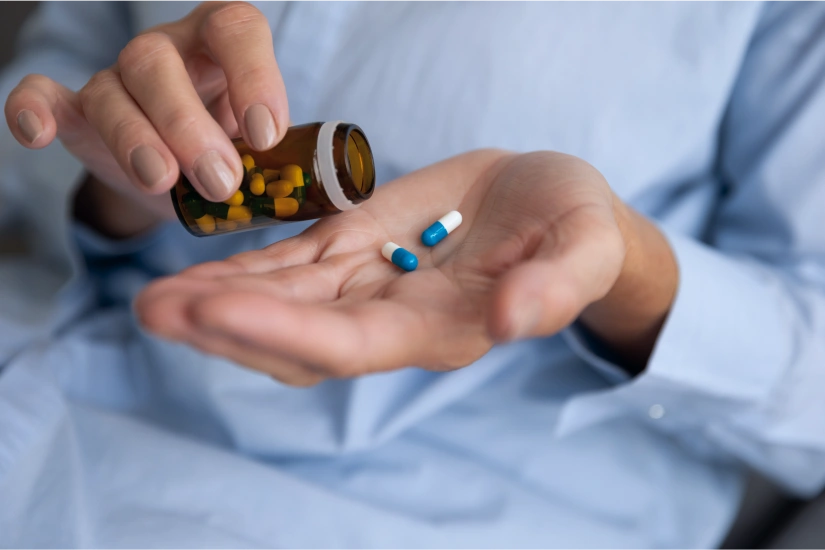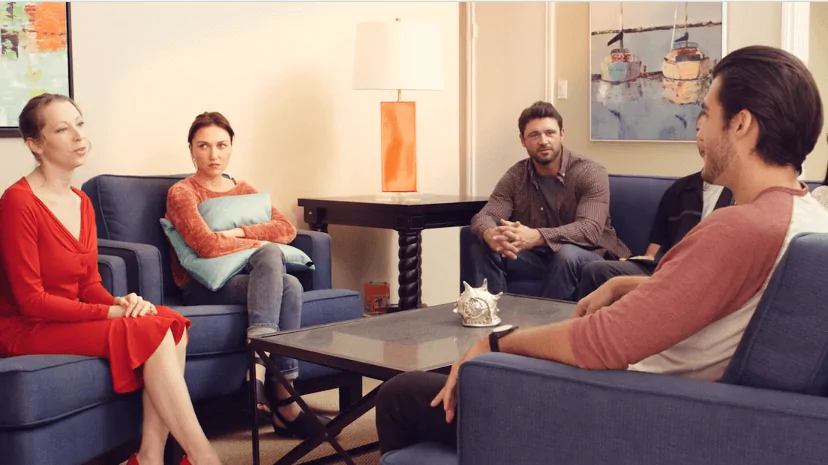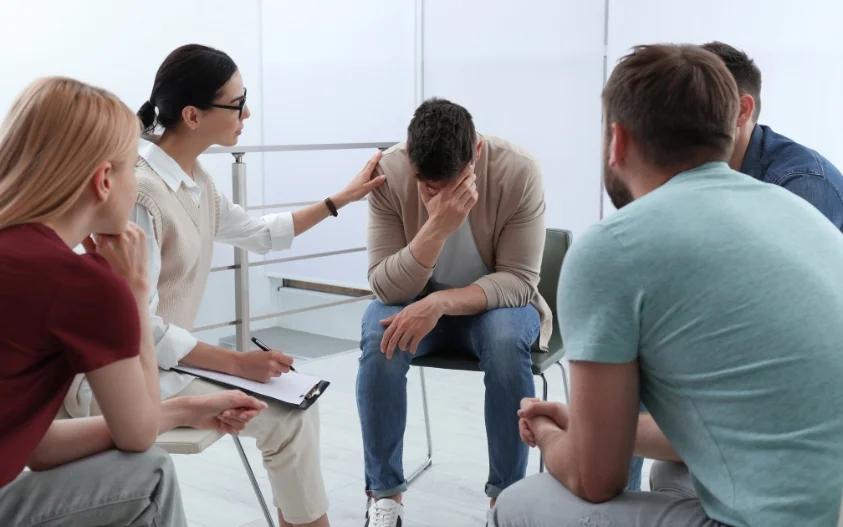24/7 Helpline:
(866) 899-221924/7 Helpline:
(866) 899-2219
Learn more about Prescription drug Rehab centers in Aitkin County

Other Insurance Options

Regence

WellCare Health Plans

Excellus

BlueShield

Sliding scale payment assistance

EmblemHealth

Absolute Total Care

Coventry Health Care

Carleon

Choice Care Network

UnitedHealth Group

Cigna

MHNNet Behavioral Health

Health Net

United Health Care

ComPsych

Meritain

Optima

Anthem

CareFirst






































Northland Counseling Center – Aitkin
Northland Counseling Center - Bunker Hill Drive offers outpatient treatment for individuals with alc...






















